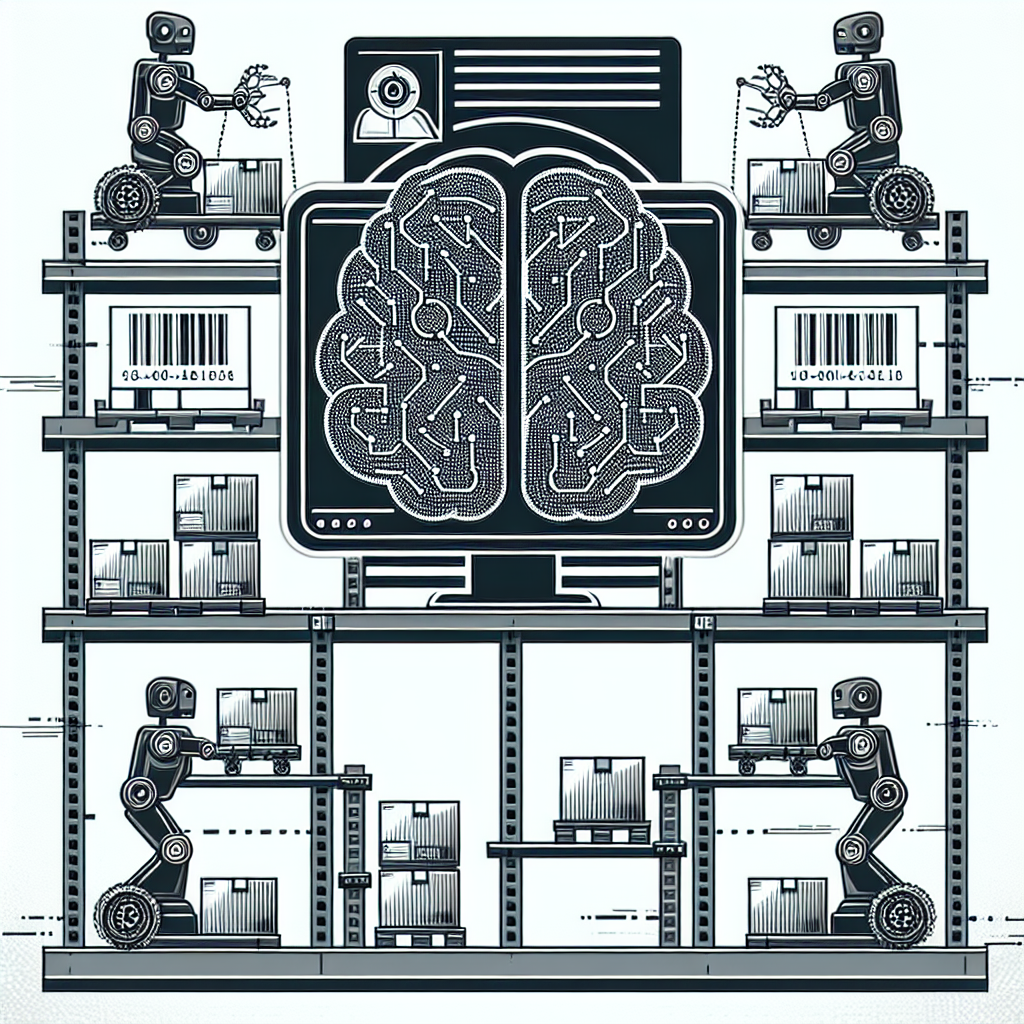In today’s fast-paced world, businesses are constantly seeking ways to improve efficiency and productivity. One area that has seen significant advancements in recent years is warehousing. With the rise of e-commerce and the need for faster order fulfillment, companies are turning to artificial intelligence (AI) to streamline their operations and create smart warehousing solutions.
Leveraging AI in warehousing can lead to a number of benefits, including increased accuracy, faster order processing, and reduced labor costs. By using AI-powered technologies such as machine learning and robotics, companies can optimize their warehouse operations and improve overall efficiency.
One of the key ways AI is being used in warehousing is through predictive analytics. By analyzing historical data and current trends, AI algorithms can predict future demand and help companies optimize their inventory levels. This can lead to reduced stockouts, lower carrying costs, and improved customer satisfaction.
Another way AI is being leveraged in warehousing is through autonomous robots. These robots can navigate warehouse aisles, pick and pack orders, and even load and unload trucks. By automating these tasks, companies can reduce the need for human labor and increase efficiency.
AI-powered warehouse management systems (WMS) are also becoming increasingly popular. These systems use AI algorithms to optimize warehouse layout, manage inventory, and track orders in real-time. By providing real-time visibility into warehouse operations, companies can make better decisions and improve overall efficiency.
Overall, leveraging AI in warehousing can lead to significant cost savings and productivity gains. By automating repetitive tasks, optimizing inventory levels, and improving order accuracy, companies can stay competitive in today’s fast-paced business environment.
FAQs
Q: What is AI in warehousing?
A: AI in warehousing refers to the use of artificial intelligence technologies such as machine learning, robotics, and predictive analytics to optimize warehouse operations and improve efficiency.
Q: How can AI improve warehouse operations?
A: AI can improve warehouse operations in a number of ways, including optimizing inventory levels, reducing stockouts, automating tasks, and improving order accuracy.
Q: What are some examples of AI-powered technologies in warehousing?
A: Some examples of AI-powered technologies in warehousing include predictive analytics, autonomous robots, and AI-powered warehouse management systems.
Q: What are the benefits of leveraging AI in warehousing?
A: The benefits of leveraging AI in warehousing include increased accuracy, faster order processing, reduced labor costs, and improved overall efficiency.
Q: How can companies get started with AI in warehousing?
A: Companies can get started with AI in warehousing by partnering with technology providers, investing in AI-powered solutions, and training their staff on how to use these technologies effectively.
In conclusion, leveraging AI for smart warehousing solutions can lead to significant improvements in efficiency, productivity, and cost savings. By using AI-powered technologies such as predictive analytics, autonomous robots, and AI-powered warehouse management systems, companies can optimize their warehouse operations and stay competitive in today’s fast-paced business environment.

